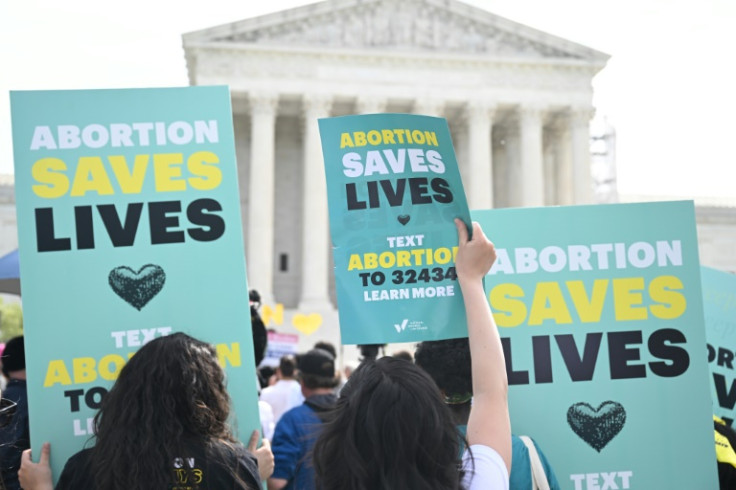
The Arizona House passed on Wednesday a repeal of the state's abortion ban, two weeks after a court determined that it can enforce the 1864 law that forbids the procedures in practically all cases, including rape and incest, with the only exception being it posing a danger to the mother's life.
The Associated Press reported that three Republicans joined all 29 Democrats to pass the motion, which now goes to the Senate.
House Republicans repeatedly blocked similar measures during the past weeks as the issue gained national attention. This until enough Republicans changed their stance and joined Democrats.
Democrats, both at the state and national level, have sought to take advantage of the issue at a political level to galvanize voters, also taking steps to enshrine abortion rights in state constitutions in the November elections.
Advocates in Arizona recently claimed to have gathered enough signatures to put abortion rights on the ballot, an initiative that has so far proven to always be winning at the voting booth.
There are a total of eleven states that are likely to take abortion rights measures on the ballot in November: Florida, Maryland and New York are confirmed, while Arizona, Montana, South Dakota, Nebraska, Colorado, Nevada, Missouri and Arkansas are still moving towards this.
"Make no mistake, Arizonans are living in 1864 now because Donald Trump dismantled Roe v. Wade," said Democratic state Sen. Priya Sundareshan of Tucson. Biden also blasted Trump in Florida, where another abortion ban was recently imposed.
Over two thirds of Latinos (68%) oppose abortion bans, according to a poll by Axios Poll from this week. More prefer Joe Biden's stance on the issue (30%) compared to Donald Trump (21%).
Moreover, Latinas are the demographic that need to drive the farthest to get an abortion in the United States, according to a report by the Center for American Progress.
Districts with high shares of Hispanic women —defined as areas where those groups constitute more than 25 percent of all reproductive-age women— had an average driving time of two hours to get to an abortion clinic in states without restrictive bans, the study showed.
The findings regarding Latinas are consistent with previous research showing the disproportionate impact the overturning of Roe v. Wade has had on this group. An analysis by the Institute of Labor Economics released in November 202 showed that Latinas' birth rates in states with abortion bans had increased two times higher than the average in those same regions.
© 2025 Latin Times. All rights reserved. Do not reproduce without permission.





